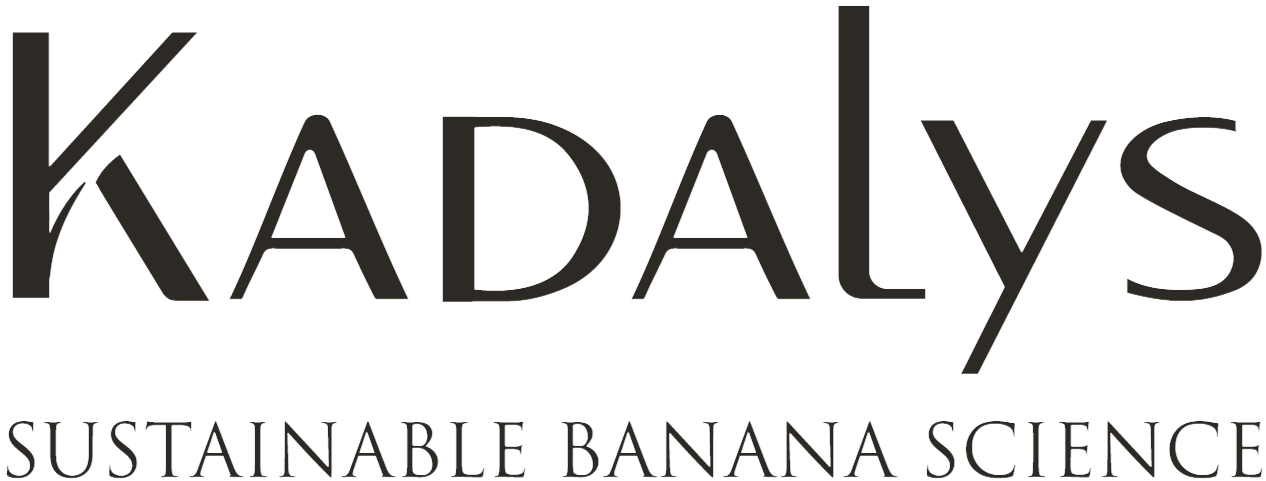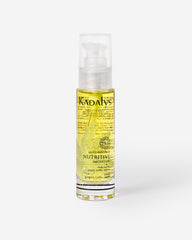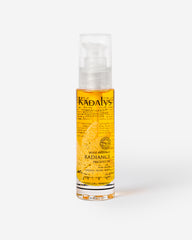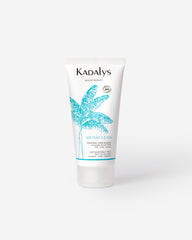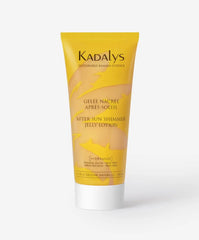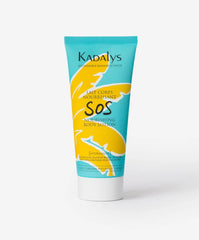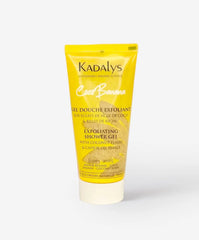
The importance of exfoliation in the routine
Exfoliation plays a crucial role in an effective skincare routine. It is of capital importance because it eliminates dead cells and impurities, thus promoting regeneration and cellular renewal. In this article, we offer an in-depth exploration of the two main methods of exfoliation: enzymatic exfoliation and mechanical exfoliation. We will detail the importance of skin exfoliation as well as the criteria for determining which type of scrub best suits your needs.
SUMMARY
Why exfoliate your body and face?
Exfoliation is an essential step in a skincare routine, no matter your skin type. Note that the skin is a living organ that constantly renews itself by producing new skin cells from the lower layers of the epidermis. However, over time, these new cells rise to the surface and mix with the accumulating dead cells. This accumulation will then cause many problems such as making the skin dull , without radiance, and giving a tired appearance. Additionally, dead cells can clog skin pores , leading to the formation of blackheads , comedones , and pimples . To restore the correct condition of the skin while unclogging pores and preventing acne problems, a technique often used is exfoliation. Indeed, a scrub will rid the skin of pollution residues , excess sebum and other dirt that can accumulate over time. It stimulates blood circulation , promotes better oxygenation of skin cells and stimulates the production of collagen , for firmer and toned skin.
Another reason why exfoliation is important is that it helps skincare products penetrate. When you apply creams , serums, or other products to exfoliated skin, they are better absorbed and more effective. This is because exfoliation removes the layer of dead cells that could prevent active ingredients from penetrating the skin.
Exfoliating the skin is an essential step to integrate into your skincare routine to achieve glowing and radiant skin. But to obtain the best possible results, you must know how to adopt the right actions. Indeed, it is important to use gentle circular gestures . Using light pressure with your fingers or a gentle scrub, make circular motions over your face or body. These circular gestures help stimulate blood circulation, thus promoting better oxygenation of skin cells. Make sure to cover all areas of your skin with product, avoiding sensitive areas like the eye area. Don't forget to take care of your neck and décolleté, as these areas are often neglected but equally important. Also be sure to rinse your skin thoroughly after exfoliating to remove any exfoliating particles and residue.
It is essential to choose the right type of exfoliant depending on the specific area you wish to treat. Whether for the face or body, exfoliation should not be a one-size-fits-all approach. First of all, we must take into consideration the delicacy of the facial skin. This area is more sensitive and prone to adverse reactions when exposed to overly harsh exfoliants. This is why it is recommended to avoid mechanical exfoliants, such as those containing abrasive particles like sugar. These can cause micro-lesions on the skin of the face, leading to irritation , redness and increased sensitivity. For the face, it is best to opt for exfoliants that are gentle and contain enzymes of natural origin , such as fruit enzymes, which gently dissolve the bonds between dead skin cells, allowing for a gentler and more exfoliating process. less abrasive.
On the other hand, the skin on the body is generally thicker and less sensitive than that on the face. She can therefore tolerate more robust mechanical exfoliants, such as sugar scrubs or those formulated from fruit stones or seeds. These exfoliants are more effective in removing dead cells and leaving the body's skin smoother and softer.
It's also important to note that each skin type requires a tailored exfoliation approach. Oily and acne-prone skin may benefit from more frequent exfoliation to help control excess oil and prevent breakouts. On the other hand, sensitive skin deserves gentler and less frequent exfoliation to avoid irritation.
Exfoliation is an essential part of our skincare routine, and there are two distinct approaches to achieving it: mechanical exfoliation and enzymatic exfoliation . But do you really know what distinguishes an enzymatic scrub from a mechanical scrub?
What is a mechanical scrub?
Mechanical exfoliation is probably the most familiar type of exfoliation for most of us. They can be formulated from a variety of ingredients, such as natural grains (like sugar, salt, ground coffee) or synthetic microbeads .
Mechanical exfoliation offers several significant benefits when it comes to removing dead skin cells . Thanks to the physical action of the exfoliating grains, it effectively dislodges these cells, thus promoting healthy cell renewal and more radiant skin. Another notable benefit of mechanical exfoliation is its effect on skin texture. In fact, it helps to reduce small irregularities and roughness , giving the skin a smoother and more uniform feeling.
However, it is necessary to take precautions when using this type of scrub. Indeed, mechanical exfoliation can cause irritation , especially if the skin is sensitive or prone to redness. Incorrect use of mechanical exfoliation could result in skin micro-lesions , which can then aggravate existing problems or create new skin problems. It is therefore important to follow some tips for use: first of all, avoid too aggressive movements during application. Use gentle, circular gestures, avoiding sensitive areas such as the eye area. If you exert excessive pressure or use movements that are too abrupt, you can cause damage to the skin's protective barrier . It is therefore crucial to adopt a gentle approach when using mechanical exfoliation. Finally, do not use the mechanical exfoliator too frequently, as excessive use can cause irritation.
Note that this type of scrub is generally suitable for normal to oily skin. If you have thick, dull or blemish-prone skin, mechanical exfoliation can be your best ally.
What is an enzyme scrub?
The enzymatic scrub, on the other hand, offers a different approach to exfoliation. Unlike traditional scrubs which use granular particles to remove dead cells, enzymatic scrubs use enzymes of plant or fruit origin to gently dissolve dead cells without damaging the skin. This gentle method of exfoliation has many benefits and is particularly recommended for use on the face.
One of the key benefits of an enzyme scrub is its gentleness . The grainy particles found in traditional scrubs can be a bit too abrasive for sensitive facial skin. Enzymes, on the other hand, are gentler and work by breaking down the bonds between dead cells, allowing for gentler, less aggressive exfoliation. This makes enzyme scrubs suitable for people with sensitive or irritation-prone skin.
Another benefit of enzyme scrub is that it is suitable for all skin types, including dry and dehydrated skin. Indeed, enzymatic scrubs are generally formulated with hydrating ingredients that help preserve the skin's natural hydration .
Additionally, the enzymes used in enzyme scrubs are often of natural origin. For example, papaya, pineapple, and pumpkin are commonly used due to their skin-beneficial enzymatic properties . These natural enzymes contain fruit acids such as glycolic acid and lactic acid, which are known for their exfoliating and regenerating properties .
In conclusion, the choice between enzymatic exfoliation and mechanical exfoliation depends on your personal preferences, your skin type and your specific needs. We suggest you stay tuned, because we are about to reveal a little surprise to you. Keep an eye on our site for more information in the coming days…
